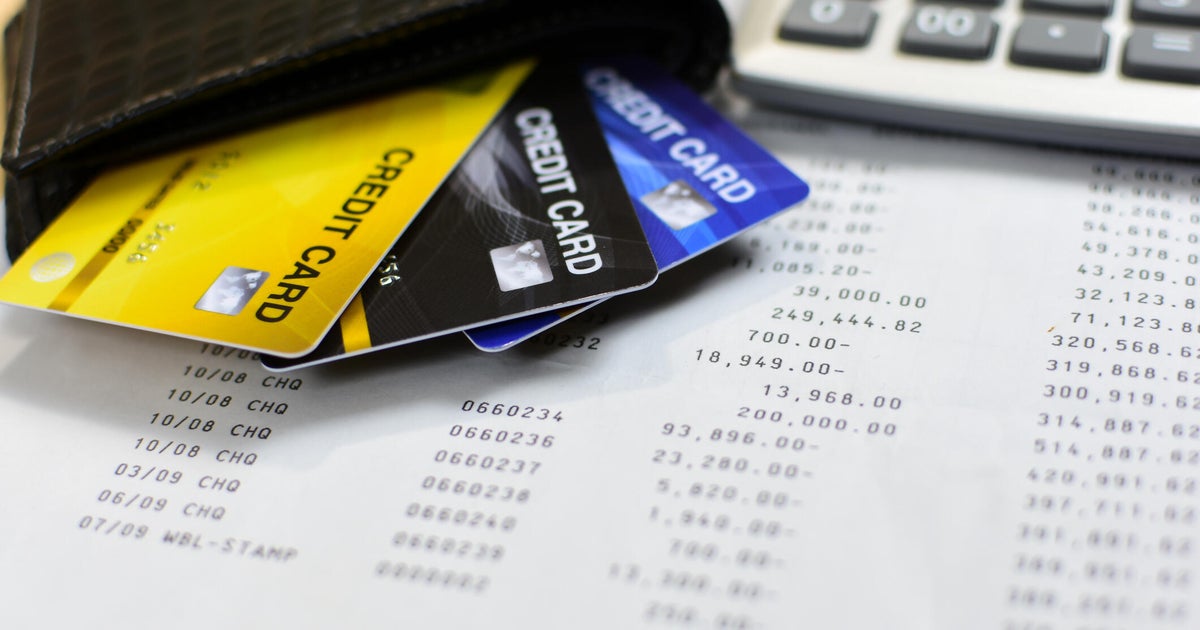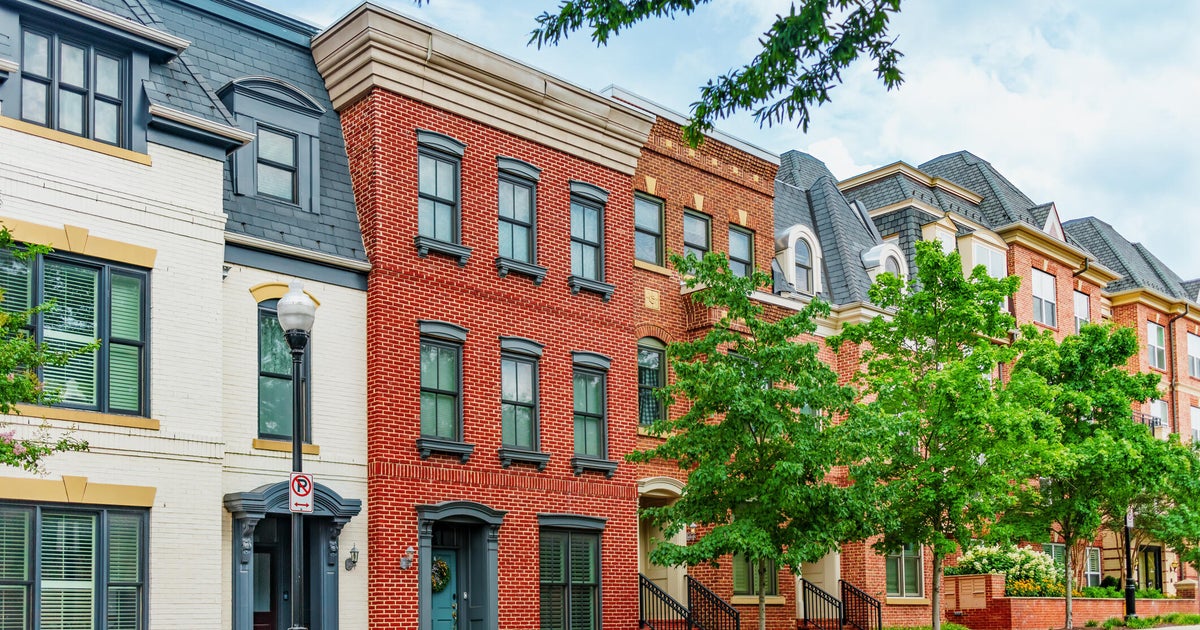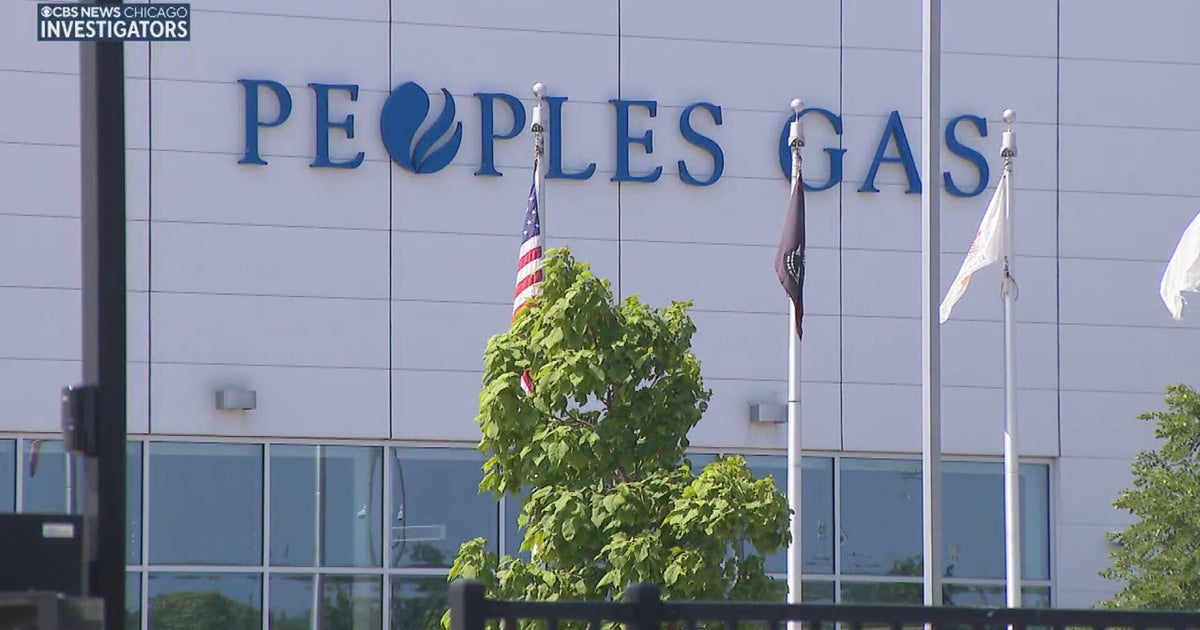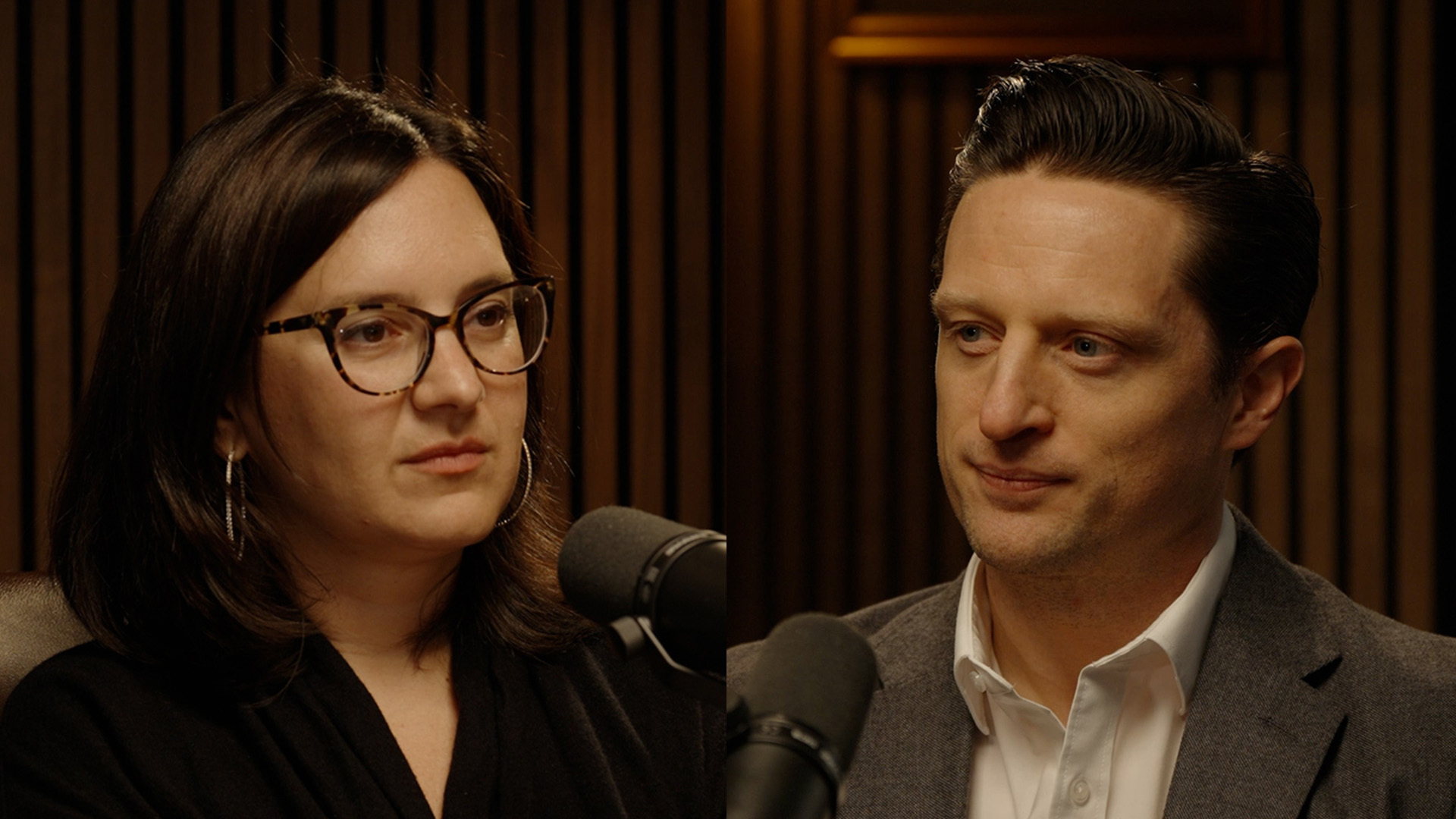Home equity loans: How to decide between a fixed or variable rate
Homeowners looking for some extra cash have access to an incredibly valuable resource: their home's equity.
Whether you're looking to start home repairs or renovations that can increase the value of your home, pay down existing high-interest debt, cover college expenses or another costly endeavor, a home equity loan can help.
Home equity loans are borrowed against the equity you've built up in your home over time. Interest rates on these loans are typically lower than rates on personal loans or credit cards. In fact, many of today's top home equity rates are under 10% APR.
The interest rate you qualify for itself is important — and can depend on a number of factors, from your credit score, income, home value and more — but the type of interest rate you choose can make a difference in the overall cost over time, too.
Here's what to know about fixed interest rates compared to variable interest rates and how to decide which is right for you.
If you're looking to tap into your home equity, start by comparing today's best home equity rates now.
Should you choose a fixed or variable rate home equity loan?
More often than not, home equity loans carry fixed interest rates. That means you're given a lump sum loan and assigned an interest rate that will remain the same over the lifetime of the repayment period. You can then use this interest rate and the loan term, as well as the amount you borrow, to determine exactly how much you'll owe each month until the balance is paid.
Variable interest rates work a bit differently. These rates can change based on overall economic conditions, so the rate you lock in today may rise or fall over time (though the exact details depend on your lender and loan terms). The loan itself could grow more or less expensive over time, and it can be difficult to calculate the actual cost upfront. Some lenders offer variable interest on home equity loans, but you're more likely to get a variable rate with a home equity line of credit (HELOC).
Ultimately, timing can be an important factor in choosing your loan type. If you anticipate interest rates will rise, it could be good to lock in a fixed rate now. But if you think rates will go down between now and when you pay off your loan in full, you could save a lot of money by choosing a variable rate loan.
"Today's interest rates are likely higher than they will be longer term, therefore choosing a variable rate is the wiser option in many cases," says Julia Colantuono, CFP, APMA, financial planner and founder of One Financial Design. However, she says, "If someone would prefer peace of mind knowing their rate won't go up, they could choose a fixed rate, and if interest rates go substantially lower they can refinance."
Compare home equity rates you can qualify for today.
When to choose a fixed rate
- When you want to lock in a solid rate. If you believe rates will go up in the future, locking in a fixed rate today can help you avoid higher costs later on.
- When you want to budget exactly. A fixed interest rate will allow you to make standard monthly payments over the lifetime of your loan, so you don't have to worry about price fluctuations.
- When you want a lump sum loan. Many home equity loans come with fixed interest rates, while you're more likely to find variable rates with a HELOC.
When to choose a variable rate
- When you believe rates may drop. You can't predict the future, but when interest rates are high and there's a chance they could fall in the near future, a variable rate may help you save money over time.
- When you know you can make the payments. While fixed interest rates can be good for budgeting, the monthly payments under a variable rate plan may be more flexible. You should only choose a variable interest rate if you're confident you'll be able to make your monthly payments in full and on time, even if they increase in the future.
- When you'd rather have the option to pull from a line of credit. When you choose a HELOC, which more commonly offers variable rates, you don't have to pay interest on the full amount you qualify for. Instead, you can choose how much you want to borrow from the line of credit and only pay interest on that.
The bottom line
Home equity can be a lucrative resource for homeowners looking to access some extra cash. But the type of interest your home equity loan charges can make a big difference in the total amount you'll pay over the lifetime of the loan. While fixed interest rates are good for budgeting a consistent monthly payment, variable rates offer the possibility of lower monthly payments in the future. Consider today's high interest rate environment and your own repayment plan before you make a decision.
Start exploring your options today with today's best home equity rates.




